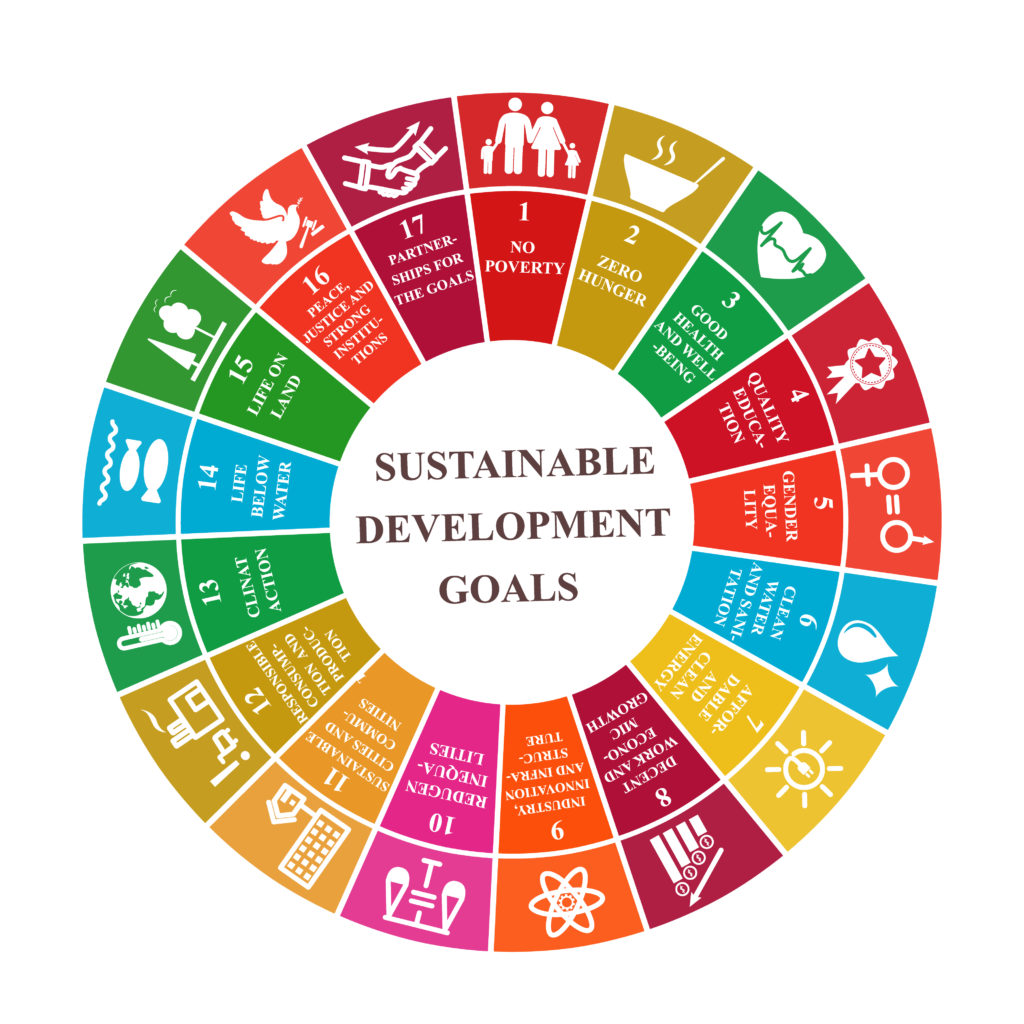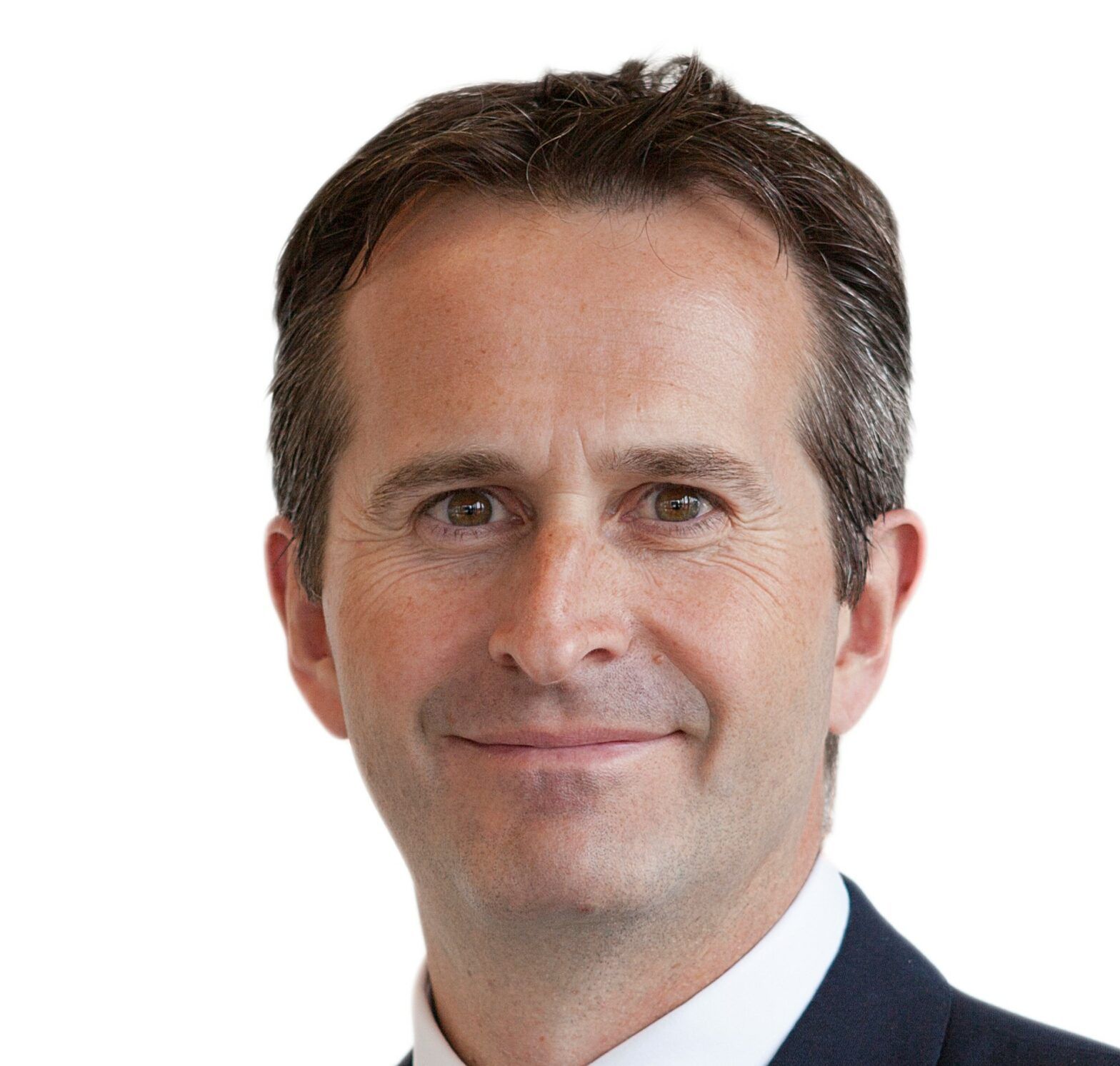BMO Global Asset Management (BMO GAM) has exclusively shared with ESG Clarity the engagement progress of its BMO SDG Engagement Global Equity Fund in its first year since inception, including advanced development of climate strategies and improved corporate governance within the portfolio holdings
The fund, which was launched on 1 March 2019 and has grown to $612.2m (£490m) in that time, is focused on investing in global small- and mid-size companies and sits alongside the group’s other responsible global equity products (the Responsible Global Equity fund and the Sustainable Opportunities Global Equity Fund), but with a focus on opportunities for engagement linked to the UN’s Sustainable Development Goals (SDGs). This framework of targets was designed by the UN to shape the world’s approach to growth and sustainable development until 2030.
Jamie Jenkins (pictured), co-head of global equities at BMO GAM, explained: “We wanted to launch a fund that was closer to impact investment with active ownership. We were approached by a large European wealth group to co-create an SDG-linked product.
“For us, the SDGs are the nearest thing we currently have to a common global language. It’s a great positive that they are explained in plain English and mean something to the man and woman on the street.
“Our ambition is not only to deliver attractive investment returns but to demonstrate positive progress towards achieving SDG targets.”
Attributable nature of engagement
In its first engagement report summarising the fund’s progress, from March 2019 to March 2020 the management team carried out 151 engagements with companies across 18 countries, meaning that 96% of holdings in the portfolio were engaged.
The engagement report said: “Having already assessed applicable SDG targets for engagement with a given company, preceding investment we communicate these to the companies within the portfolio, setting out our expectation for open dialogue with them. In March 2020, a year since inception of the portfolio, we then asked the companies in the fund about the impact of our interactions with them, as we are committed to ever improving the attributable nature of our engagement.”
It recorded 19 milestones in the past 12 months, defined as “significant progress made by a company against goals set by the fund”, and in line with BMO GAM’s priority engagement focus for 2020, the majority of the fund’s engagement to date has linked to climate change.
For example, 21% of milestones have linked to SDG 13 on Climate Action with “positive advancement of the development and implementation of climate strategies within the companies it holds” and 37% of milestones link to SDG 12 on Responsible Consumption and Production, relating to the general sustainability of companies.
The group highlighted Thai bank Kasikornbank, which strengthened its ESG criteria in lending and also performed climate scenario analysis, the Japanese electro-optics, ophthalmic and medical device equipment maker Hoya, and the US healthcare provider ICON. The Fund has also driven environmental improvements to packaging with examples being at Kerry Group and Smurfit Kappa Group.
‘Interconnected framework’
Emma Lupton, vice president in the responsible investment team at BMO GAM who works closely with the management team on the fund, explained it is not just the high level areas of the SDGs that are explored, but also the underlying targets of each goal, and additionally company actions can be linked to many numbers of SDGs.
Specifically, she told ESG Clarity, they have carried out a lot of work on packaging and companies’ usage of single-use plastic, which fits into SDG 12, and how firms are managing their recycling, but this can also link relate to SDG 14 Life Below Water, reducing pollution of the ocean.

“It is an interconnected framework,” she added.
“For SDG 8 (Decent Work and Economic Growth) there is a focus on modern slavery and forced labour in the supply chain, and also the living wage and how companies invest in this in their business and supply chains. That has a knock-on impact to SDG 1 No Poverty.”
In other examples of engagement, Lupton said BMO GAM worked with Kerry Group to reduce its water intensity, inked to SDG 6 Clean Water and Sanitation. Engagement led to the company exceeding its 2020 water intensity reduction target, with a 9% reduction in 2019; completing a water risk mapping assessment using the Aqueduct tool; and training over 1,000 farmers in conservation agriculture.
Furthermore, BMO GAM engaged with Bank Mandiri Persero to develop a five-year Sustainable Action Plan, focusing on improving the approach to addressing ESG risks in lending transactions to companies in four industries with high sustainability risks, including palm oil and energy, addressing the aforementioned SDG 12. The report added: “This plan will strengthen credit risk management practices and, therefore, protect the quality of the loan portfolio. Engagement with the bank on this issue included a meeting with the CEO at their headquarters.”
Covid-19 leads to ‘slight shift in priorities’
The report also added that 16% of the fund’s milestones do not have a direct link to a specific SDG target, but link to corporate governance themes.
With the first quarter of 2020 being one of the most volatile for stock markets and unnerving for the future of businesses and supply chains in history, Lupton also said Covid-19 has undoubtedly impacted the companies they invest in, resulting in a “slight shift in priorities” to focus on treatment of stakeholders
“We have been making sure companies re responding in the best and safest way for their staff and communities they serve. We are seeing a necessary shift in these conversations.
“We don’t want companies to take a step back on climate change or forget those issues but there is a focus on social responsibility too.
Jenkins added: “Social responsibility has very much been in focus. In the initial weeks of the crisis and lockdown, our ability to converse with companies was impacted as companies quite rightly dealt with operational issues front and centre.
“This is not a narrow shock like the global financial crisis, this has been a health, financial and economic shock and is hitting emerging markets very hard.
“Now we are used to the new working regime, and we know that management is not racing around the world – everyone is at home – we have been able to extend those conversations.”
Working for wider stakeholders
Looking forward, the group anticipates the SDG framework will be commonly used by businesses in efforts to meet the targets by 2030.
“From our face-to-face and Zoom-to-Zoom meetings, companies appreciate we are coming into conversations with a relatively advanced grip on the SDG framework, Jenkins said.
“We are interested in how they are integrating these into their business strategies and are clear this has to be not just for the sake of it, but with relevant actions to fit into the accepted structure. This is a theme throughout our holdings.”
Finally, he commented, using the SDG framework as an investment lens makes sure that a company is working for wider stakeholders, not just the shareholders.
“This product was designed to be the vanguard of effectively mobilising private capital in pursuit of a sustainable world. It should appeal to people that have a motivation to know how their money is working and who want to make a difference to people’s lives,” he added.








